We’re pretty proud of New Zealand’s worldwide reputation for a clean, natural way of life. But having a sustainable home can sometimes seem like it’s about expensive materials and non-essential gadgets. Here’s some handy tips for creating a more sustainable home that works for you, without breaking the bank.
Creating a more sustainable home on a budget
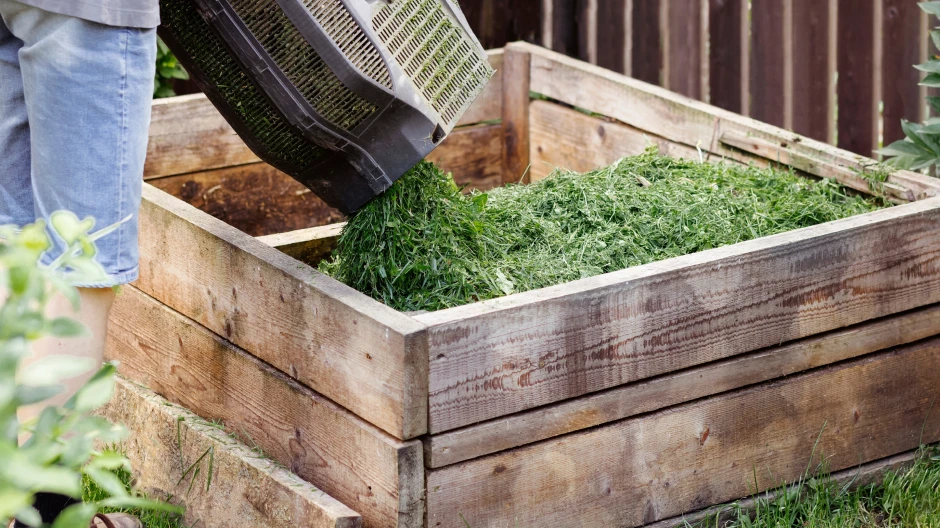
Heat-saving hacks
Heat pumps, flued gas heaters and enclosed wood burners are considered the most cost-effective heating methods for Kiwi homes. Despite heat pumps being the most efficient, they’re a high-ticket item to buy and install for homeowners and may not be an option if you’re renting. While running a plug-in electric heater is expensive, they’re cost-effective for a small bedroom or your work -from -home office. If your house does have a heat pump, here’s some helpful tips to make it more efficient and save you money:
- Set it to come on at the right time of day – there’s no point heating an empty house.
- Set the temperature at a range of 20-24°C in the daytime and reduce it to a lower temperature at night when you’re snuggled up in bed.
- Clean it regularly and get it serviced annually to prevent dust build up, causing it to run inefficiently.
- Keep curtains, blinds, and shades closed to improve insulation.
- If your system has zoning, configure heating to run in targeted areas for maximum comfort and lower energy usage.
If your home doesn’t have a heat pump, drawing back your curtains as soon as the morning sun comes up allows the warmth of its rays to raise the temperature in north-facing rooms.
Water wastage
We can’t take water consumption for granted. It’s not just our responsibility to conserve this precious commodity, but water rates are becoming a more expensive household cost.
Ways for Kiwis to use less water at home are being given more attention by local authorities and councils. There’s plenty you can do to help the environment, while also keeping your water utility bills down.
Showers
Time your showers and keep them short. They’re the most water-greedy device in your house – almost a third of your overall consumption. A low-flow showerhead limits the amount of water by half and you’ll still get a steady flow of pressure if you need a good drenching to feel clean! These can also be used throughout the home for taps in the kitchen and laundry.
Cost-effective appliances
Shop around for appliances to make sure you are opting for a washing machine or dishwasher that saves you money and uses less water. The Water Efficiency Labelling and Standards (WELS) label will give you a good indication of what you can expect from any appliance you’re considering.
Outside
Outside taps might be dripping away unnoticed, especially if they’re attached to a hose, so check that your water isn't, quite literally, running down the drain. Many households are turning to ways of capturing the free water that drops from the sky! A 250-litre rain barrel can be a great investment for garden watering and is a fun DIY project that'll pay dividends in recycling rainfall that runs off your roof.
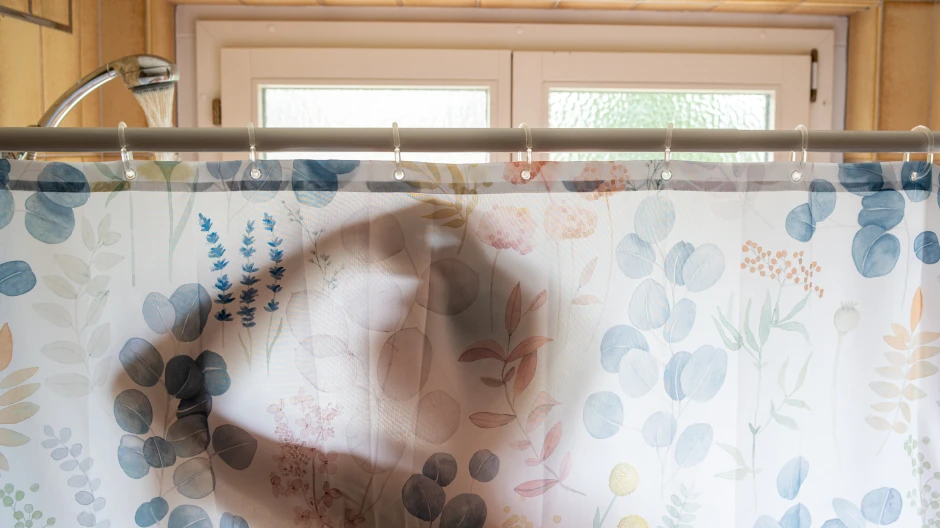
Showers account for nearly a third of total water consumption in your home.
LEDs and smart bulbs
The lifetime of an LED light is 30,000 hours as opposed to 2,000 hours for incandescent bulbs, so depending on wattage, your savings can be in the hundreds of dollars. They’re the more efficient bulbs for your home and for those on a budget, they’ll also save you money.
A quick check around for a complete inventory of all the light bulbs (don’t forget desk and table lamps) is a good idea to sort the cost of your lighting. Consumer New Zealand has an excellent guide to choosing the right LEDs and what you’ll save by switching.
LEDs used to be pricey, but the cost has come down as more people are making the switch. You’ll get years of lighting from just one bulb. They're also better for the planet because we aren’t regularly sending them to landfill.
Home recycling and composting
The United Nations Environment Programme (UNEP) says that every year we waste or lose 1.3 billion tonnes of food. It makes sense to compost or recycle as a way of managing waste and reducing our impact on the environment.
In-sink food grinders have been around for almost 100 years, but these days we’re dealing with food waste more sustainably and economically. If you’re on a budget and want to deal with your scraps and leftovers, why not set up a compost bin in the back garden? You’ll avoid adding to the greenhouse gas emissions at local landfills and you’ll end up with your own free, homemade garden fertiliser.
In an age where everything is bought or gets delivered in packaging, recycling is a critical part of our daily lives. We’re all well-versed in separating the cardboard, plastic and glass, but if you’re trying to save money along with the planet then consider options to reuse what you already have and avoid buying new.
Take your own bags to the supermarket for fruit and vegetables and reuse and recycle containers and plastic bottles at home. Your better waste disposal choices will be sure to save you dollars in the long run.
Air dry your clothes
If you have access to an outdoor space and adequate air flow, nothing beats drying your clothes outdoors. It’s quick drying, removes odours and costs you nothing apart from the initial purchase of a suitable rack or clothesline.
Most Kiwi properties have some type of clotheslines in the backyard, from the famous Australian invented Hills Hoist to wall mounted fold-down versions when space is more limited.
An electric tumble drier is a nice-to-have and nothing beats the luxury of a freshly fluffed up towel straight after a hot shower. But for those on a budget or eco-conscious, line or rack drying is the better choice.
Be sure to use a sunny spot indoors for your rack. On cloudy days angle it in front of the heat pump or log burner fire to kill two birds with one stone.
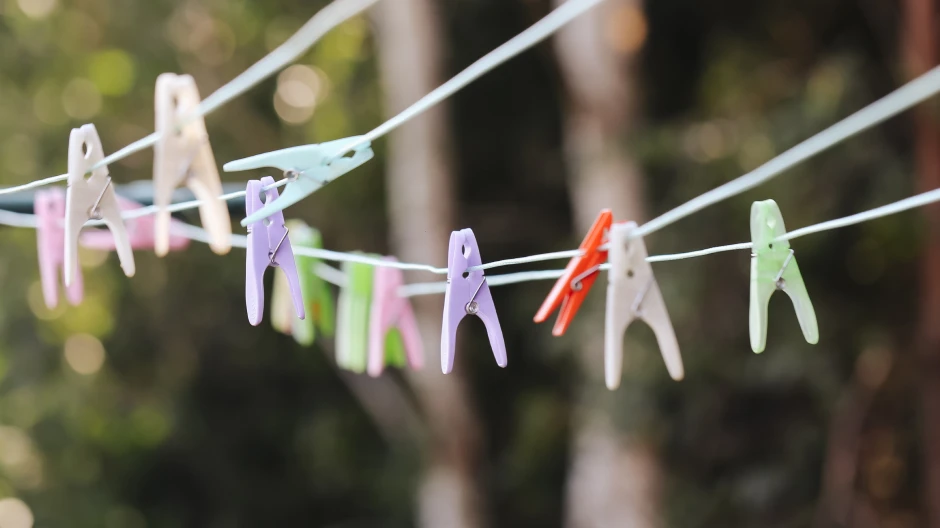
Small solar for small jobs
You may not have a full solar system with storage batteries on the roof of your home, but there are other solar-powered devices that'll create savings.
You can get solar options for landscape and security lights, outdoor holiday decorations, solar attic fans, water pumps, and even Bluetooth speakers and computer and phone charger accessories!
How about solar for your shed or sleepout? The opportunity to go solar in our daily lives makes perfect sense because the sun is free. Using it to power the little things in life will save you spending money on things like disposable batteries (another enemy of the landfill) and the cost of plugging them into the mains.
Timer plugs
Nothing triggers a budget-conscious parent more than walking around a house and having to turn off lights glowing in empty rooms.
There are sensible ways to address this if you set up lamps and appliances with timers and sensors. They aren’t very expensive and they'll help lower your power costs. These are your reliable power custodian when family members can’t be relied on to do the job! Appliances staying on standby when not in use are the bona fide ‘energy vampires’ and your home will benefit from smart timers – not to mention prolong the life of appliances and batteries.
Insulate and close gaps
‘Mind the Gap’ may have been coined in 1960s London to alert people to the dangers between platforms and trains, but in New Zealand, it’s all about cold air and how to stop it creeping into our homes.
Insufficient insulation has become a hot topic in Aotearoa as we confront the shortcomings of our pre-2000 built homes. At six degrees below the World Health Organisation’s (WHO) suggested minimum, Kiwi’s health is at risk and the costs of heating are higher. Using underfloor and ceiling insulation and plugging gaps in windows and doors will keep the heat in and chilly air outside where it belongs.
Moving house in New Zealand
Explore our resources on all things related to moving house, from energy-efficient house hunting to sustainable packing.
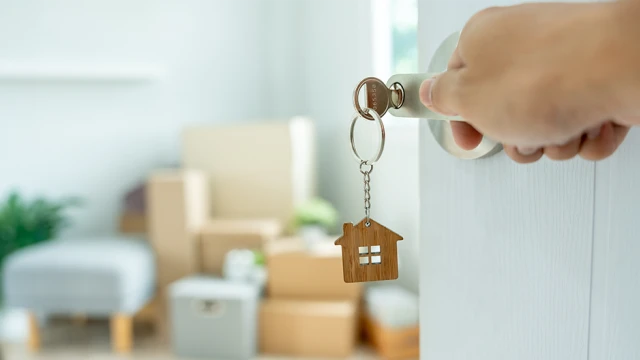
Moving house checklist
Here’s a handy moving checklist to help get you from “we’re moving” to “we’re home”.
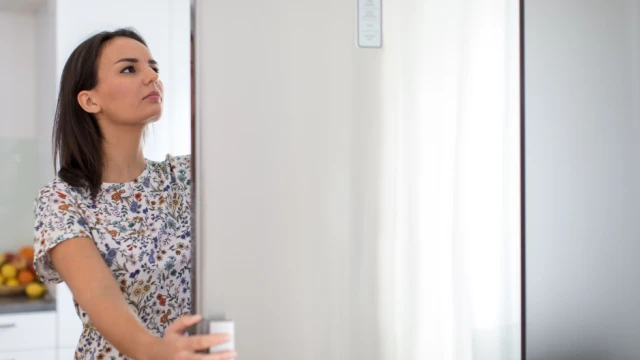
Efficient appliance shopping guide for your new home
This helpful guide will help you make informed choices when shopping for home appliances.
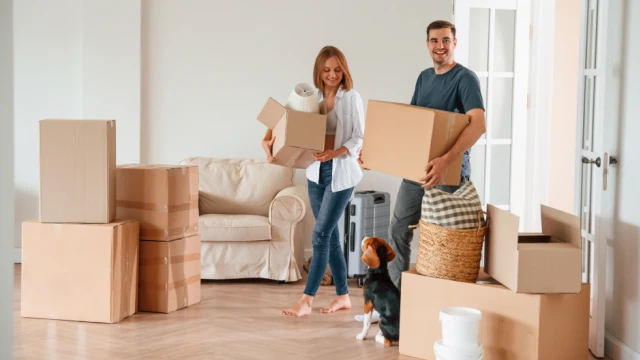
Packing and moving made easier and more sustainable
Tips for packing and shifting your stuff from one place to another in an energy efficient, eco-friendly way.
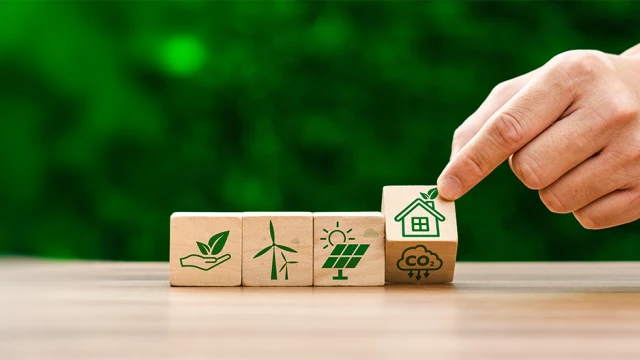
Sustainable Home Checklist
If you’re making a move, you may want to know: How energy efficient is your new home?

New home, new power usage habits
Moving house means adjusting to a new environment, so it's a great time to check and improve your power habits in...
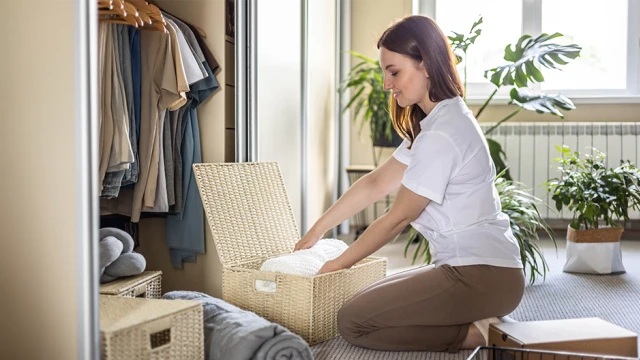
Decluttering a house – tips for Kiwi movers
One of the more labour intensive parts of shifting from one home to the other is what you do with your stuff. Check out...